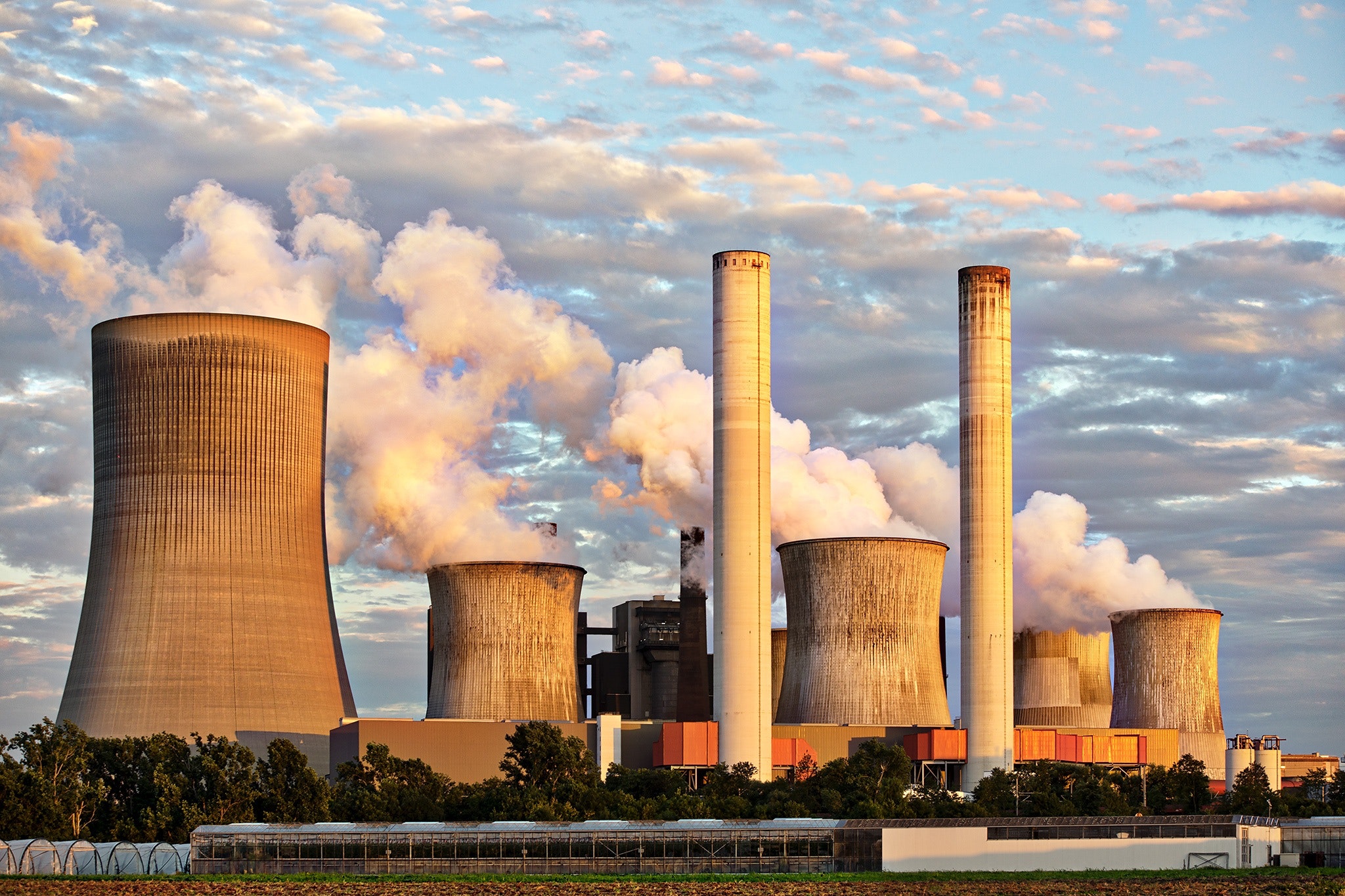High-Stakes Talks at INC-5: The Urgent Push to Curb Plastic Production
International negotiators are in heated talks to establish a binding treaty to curb plastic pollution. Over 100 nations support a treaty capping plastic production, opposing oil-producing countries that focus solely on waste. The meeting in Busan aims to reach a significant environmental agreement.

Negotiators from over 100 countries are embroiled in intense discussions as they push for an international treaty aimed at capping plastic production. The talks have hit a critical juncture, with a small coalition of petrochemical-producing countries, led by Saudi Arabia, resisting limitations on plastic output.
The United Nations' fifth Intergovernmental Negotiating Committee (INC-5) meeting in Busan is tasked with creating a landmark treaty. This agreement has the potential to be the most critical environmental protection deal since the 2015 Paris Agreement. However, as the final day dawned, disagreements over the scope of the treaty persist.
Despite the challenges, negotiators and stakeholders remain hopeful yet cautious. Many are aware that failure to achieve consensus could significantly impact both planetary and human health, especially considering predictions that plastic production might triple by 2050.
(With inputs from agencies.)










